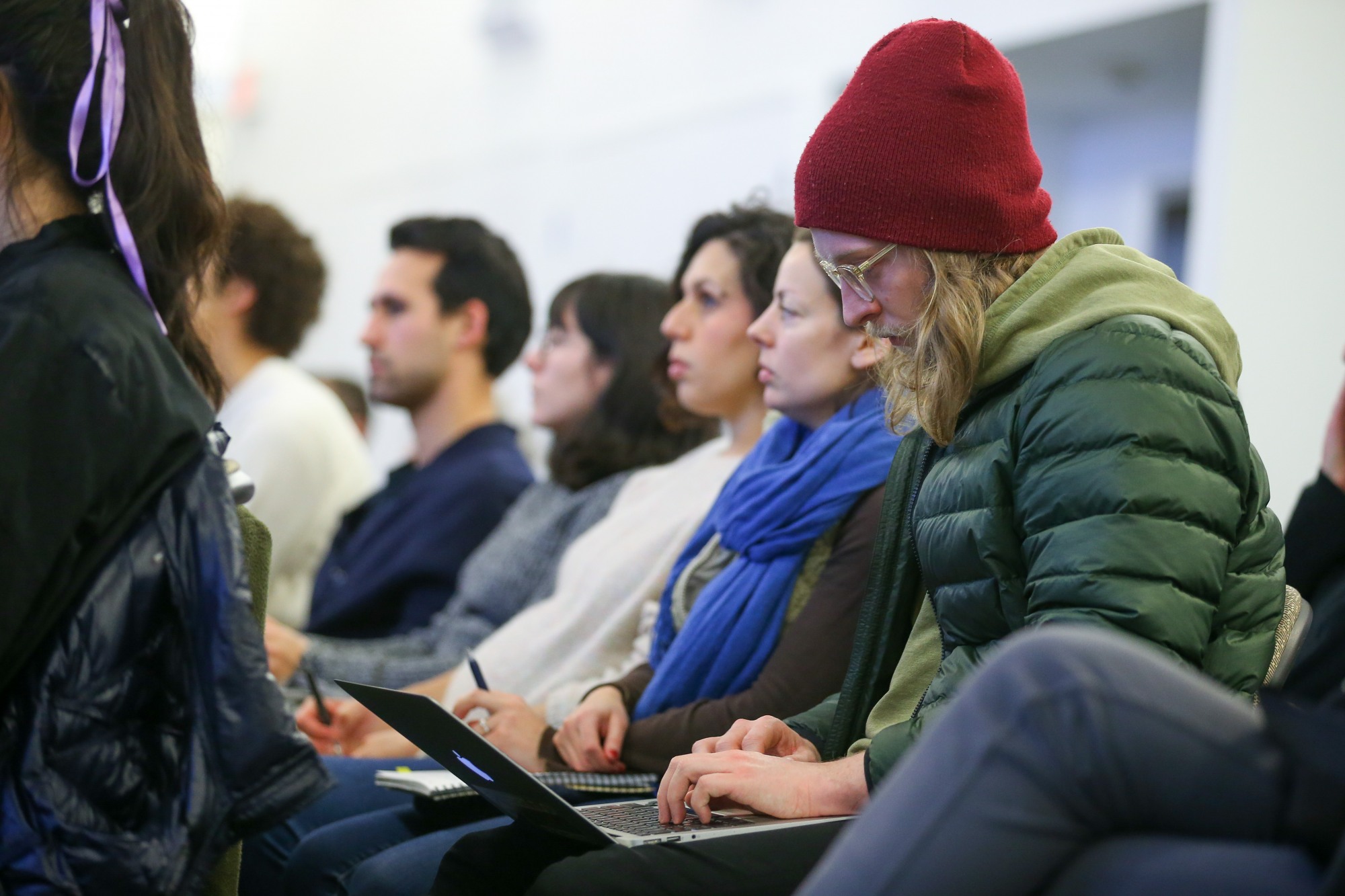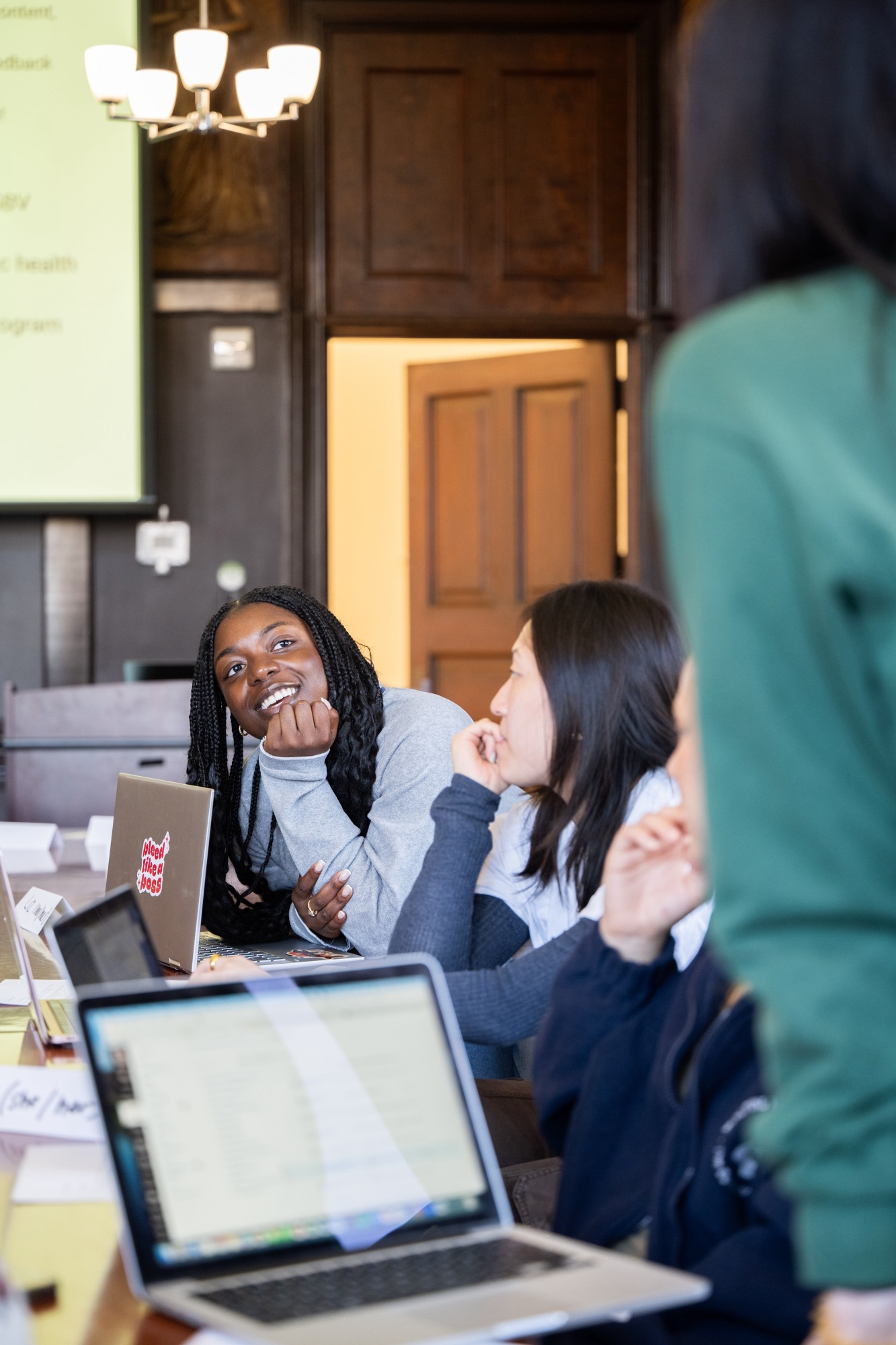The Gender and Sexuality Studies Program (GNSS), which is housed in the Pembroke Center and offers an undergraduate concentration and graduate certificate program, is the only place at Brown where students can examine the centrality of gender and sexuality in the distribution of power and resources in social, cultural, political, economic, and scientific/biomedical contexts.
Interdisciplinary in its framing and approach, the GNSS program extends the Pembroke Center's commitment to critical scholarship on the struggles faced by people across national and transnational contexts whose sex, gender identity or sexual orientation make them vulnerable to violence in various forms. Students in the concentration explore how what counts as knowledge about gender and sexuality is mobilized within and beyond the classroom. Scholarship in ethnic and race studies; indigenous and native studies; and transnational and postcolonial studies informs the questions students address.
Graduate students pursue the graduate certificate in gender and sexuality studies to develop methodological and theoretical expertise in this interdisciplinary field while fulfilling the graduate requirements of their degree-granting department. The certificate provides opportunities for advanced, specialized professional training and fosters a community of scholars dedicated to the study of the intersections of gender and sexuality with other related fields, such as critical race and ethnic studies, cultural studies, transnational and postcolonial studies, science and technology studies, disability studies, performance studies, and media studies, as well as more traditional disciplines.
their degree-granting department. The certificate provides opportunities for advanced, specialized professional training and fosters a community of scholars dedicated to the study of the intersections of gender and sexuality with other related fields, such as critical race and ethnic studies, cultural studies, transnational and postcolonial studies, science and technology studies, disability studies, performance studies, and media studies, as well as more traditional disciplines.
In addition to the undergraduate concentration and graduate certificate program in Gender and Sexuality Studies, the Pembroke Center annually convenes the interdisciplinary Pembroke Seminar, which brings together senior and junior faculty, postdoctoral fellows, visiting scholars, graduate students, and undergraduates. Seminar participants collectively pursue a set of critical questions in weekly meetings over the course of the academic year.